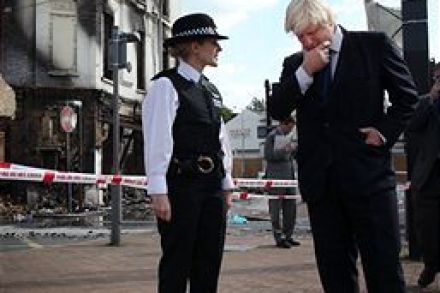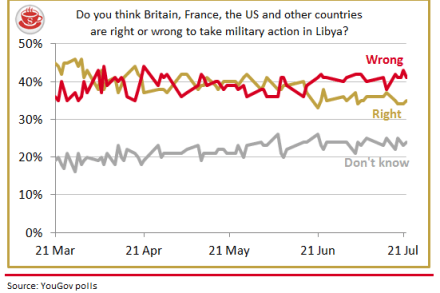From the archives: the Bill Bratton edition
As James Forsyth says today, No10 wants Bill Bratton to not just take charge of the Met but start a revolution in policing. A ‘Stop Bratton’ campaign has duly begun with Sir Hugh Orde, himself a candidate for the job, saying that he’s not sure he wants to “learn about gangs from an area of America that has 400 of them.” But it’s worth noting, though, that Bratton has advised the British government before: in June 2006, at the beginning of John Reid’s tenure at the Home Office. Allister Heath (now editor of CityAM) went to meet him and reported back in The Spectator. His piece is below. ‘You can control















